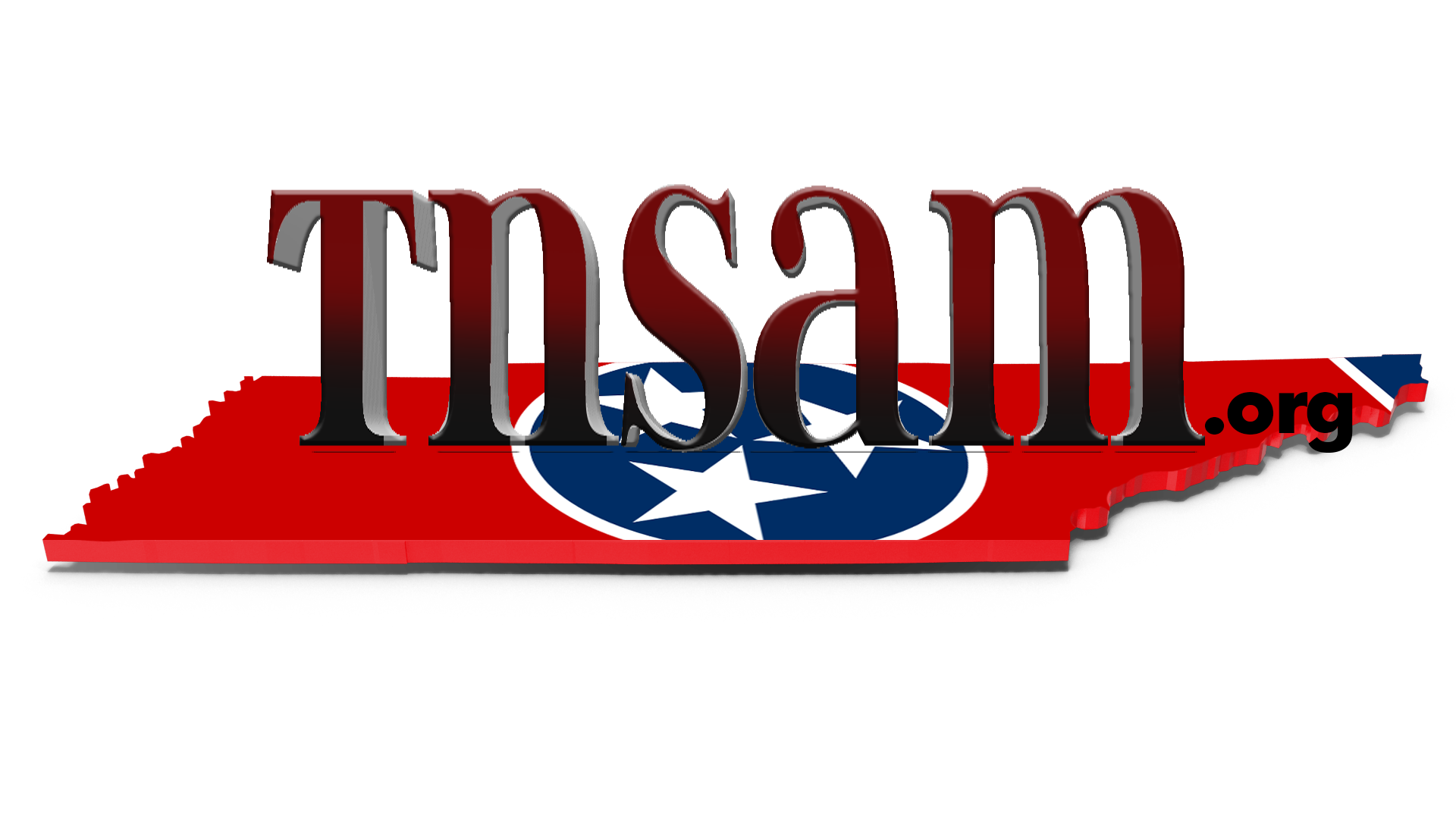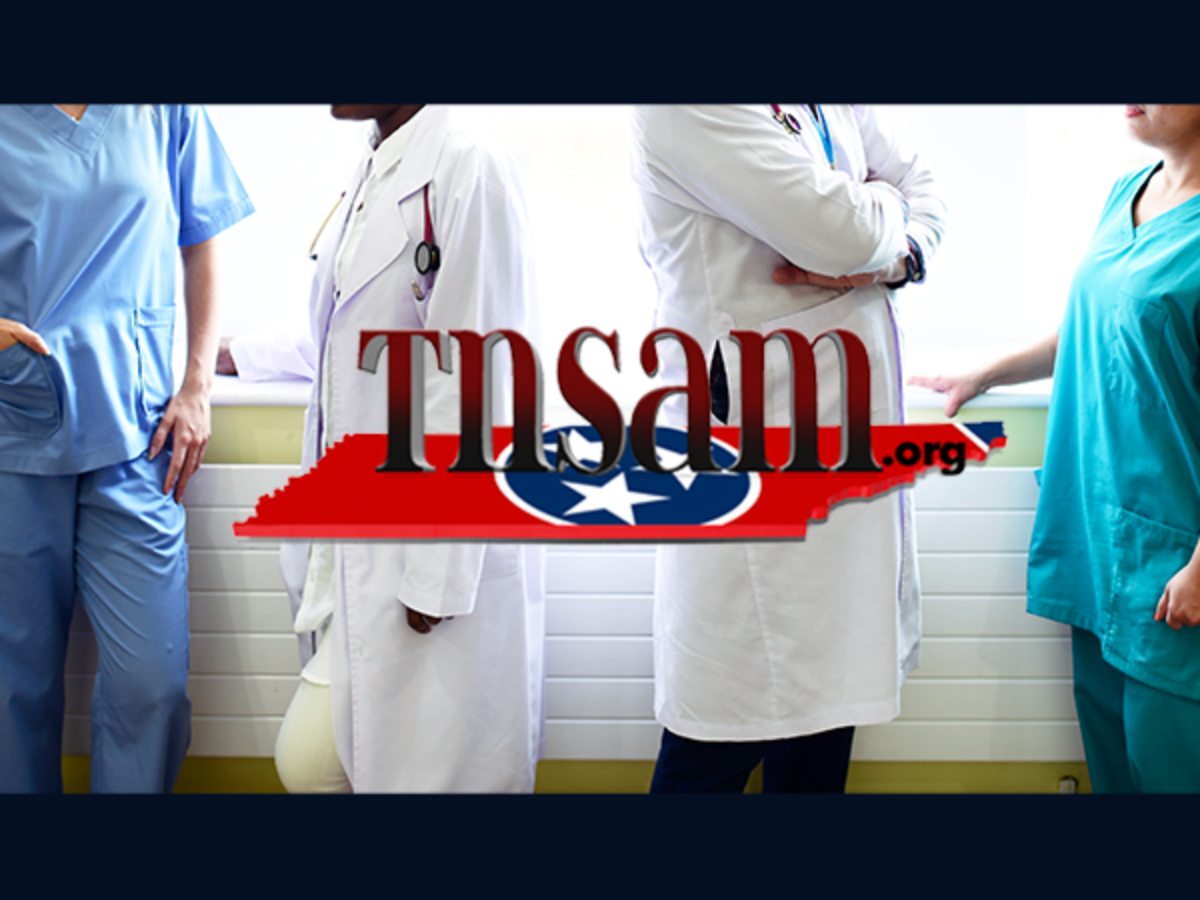ASAM Task Force to Host Summit on Access to Addiction Medications
On June 20, 2013, the ASAM Patient Advocacy Task Force will convene invited guests for a Stakeholder Summit at The National Press Club to unveil and discuss their survey and research results about patient access to pharmacotherapies for opioid dependence treatment. In light of state policy developments that sought to limit access to these life-saving medications – FDA-approved therapies such as buprenorphine, methadone, and naltrexone – the ASAM Board commissioned the Task Force to investigate the issue and develop a coordinated campaign to promote access to these medications.
Over the past several months, substance use disorder policy experts at the AVISA Group and Treatment Research Institute (TRI) have been working under the Task Force’s direction to survey state Medicaid programs and commercial insurers about their coverage policies for opioid dependence medications.
TRI has also been reviewing the scholarly literature on the clinical and cost effectiveness of these medications. “There are costly economic and societal ramifications to limiting access to addiction treatments,” said Task Force Co-Chair Mark Kraus, MD, FASAM. “TRI’s findings will help support a broad educational campaign about the value of treatment.”
“The data that we are researching will be instrumental in understanding how patients with the disease of addiction are able to access evidence-based care,” said Dr. Kraus. “Up until this point, the addiction prevention, treatment and recovery communities have largely been in the dark about these policies.”
At the Summit, attendees will have the opportunity to examine the findings and hear from leaders in the field about how federal and state government agencies, provider groups, payers and patient advocates are responding. Attendees will also brainstorm ways to promote access to care through outreach and education.
Task Force Co-Chair Rich Soper, MD, JD, MS, FASAM anticipates this event will be just the beginning of broader collaboration to educate the public and policymakers about the value of addiction treatment.
“This event will bring together many of our dedicated colleagues in the government, non-profit and private sectors who are truly committed to improving addiction treatment and helping patients access the care they need,” said Dr. Soper. “We want to look back and see this meeting as the event that jump-started a great coalition to advance addiction care.”
After the event, the survey and research results will be available to the public on the project webpage and will be turned into briefing documents that stakeholders can use in their local outreach efforts.

